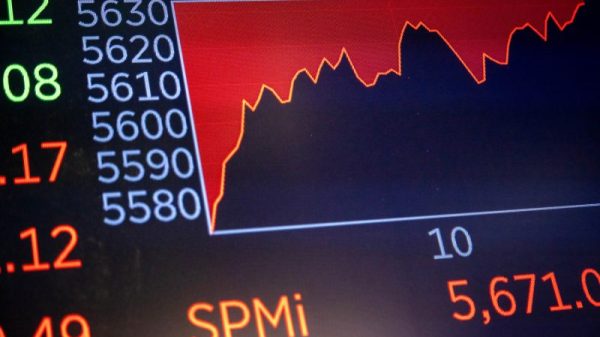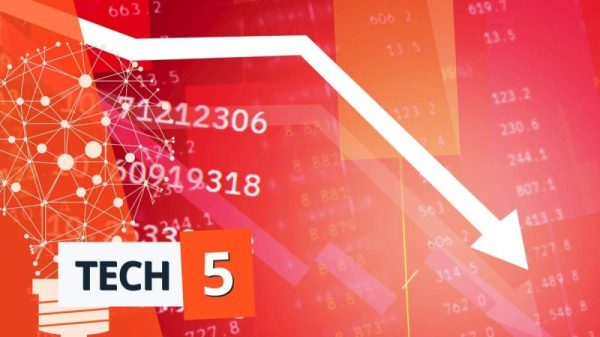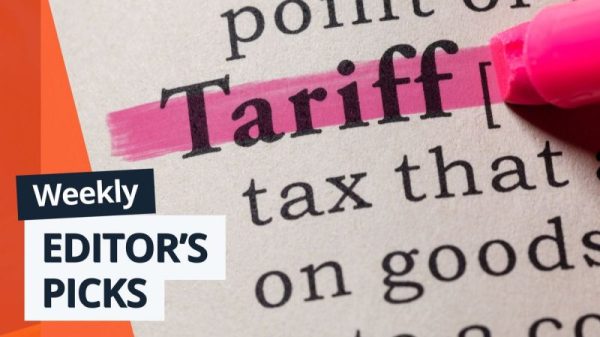Analysing the 34% Plunge in Saudi Crude Oil
In the complex realm of global economics, trading oil stands as a cornerstone activity that fuels the engines of various industries. As a finite resource with immense significance, oil influences economies, geopolitics, and international relations.
This article delves into the multifaceted world of oil trading, highlighting its intricate connections with oil rigs, refined oil, and recent developments like the Saudi oil price cap and the crude oil forum. Analysing the interplay of these elements is crucial for understanding the implications of oil trading on both local and global scales.
Oil Trading Dynamics and Strategies
The process of trading oil is far from linear; it encompasses a series of interconnected factors that shape market dynamics. Companies involved in oil trading often rely on diverse strategies to capitalise on price fluctuations and geopolitical events. The use of advanced technologies, like algorithmic trading, has revolutionised the trading landscape, enabling faster decision-making and reducing human errors.
India’s intricate relationship with crude oil imports from Saudi Arabia recently experienced a significant shift, marked by a sharp 34% decline in July. This downturn coincided with Saudi Arabia’s strategic decision to reduce its production by 1 million barrels per day (bpd). This move compounded the production cuts already in place within the OPEC+ framework.
India’s crude oil imports from Saudi Arabia dwindled to 484,000 bpd in July, plummeting from a substantial 734,000 bpd recorded in June. This alteration not only showcases the intricate interplay of global oil dynamics but also underlines Saudi Arabia’s position as a leading global exporter.
Navigating Geopolitical Dynamics
Amidst these changes, Russia emerged as a notable contender, reclaiming its status as India’s foremost crude oil supplier. The data revealed that Russian deliveries to India reached a formidable 1.9 million bpd. Astonishingly, this volume surpassed the combined supply from Saudi Arabia and Iraq. The ascendancy of Russian oil deliveries sheds light on India’s diversified approach to sourcing its crude oil, seeking to minimise dependence on any single region or supplier.
A contrasting picture emerged when comparing India’s situation to that of China. While China’s crude oil imports underwent fluctuations, India’s remained relatively stable, clocking in at 4.5 million barrels per day (mbd) in July. However, India’s strategic approach to refining its intake of Middle Eastern grades continued unabated. This nuanced strategy underscores India’s adaptability in navigating the complex web of global oil supply.
The outlook for India’s crude oil imports in the upcoming months is marked by uncertainty. Analysts project a potential further decline in July’s import levels, potentially reaching as low as 1.6 million bpd. If this projection materialises, it could herald a significant shift in India’s crude oil import landscape. Notably, such a decrease could manifest in the realm of India’s imports of Russian oil, potentially pushing them to their lowest point since the onset of 2023.
The recent Saudi oil price cap and the establishment of the crude oil forum have introduced new dimensions to the oil trading landscape. The Saudi oil price cap represents a strategic decision by Saudi Arabia to control prices, potentially impacting global supply and demand dynamics. Meanwhile, the crude oil forum serves as a platform for industry leaders to engage in discussions and negotiations that can significantly influence market trends.
Crude Oil Import Plunge and the Complexities of Global Trading
India’s recent experience of a 34% plunge in crude oil imports from Saudi Arabia highlights the intricacies of global oil trading. Saudi Arabia’s production cuts and India’s shift towards other suppliers, particularly Russia, underscore the dynamic nature of the industry. As India navigates these changes, maintaining stability in its energy supply remains a paramount concern.
In the intricate web of global economics, the act of trading oil serves as a linchpin, connecting nations, industries, and people. The interplay between elements like oil rigs, refined oil, and recent developments such as the Saudi oil price cap and the crude oil forum showcases the complexity and dynamism of this sector. As witnessed through India’s sharp decline in Saudi crude oil imports, the volatility of oil trading underscores its susceptibility to geopolitical shifts.
The post Analysing the 34% Plunge in Saudi Crude Oil appeared first on FinanceBrokerage.


































